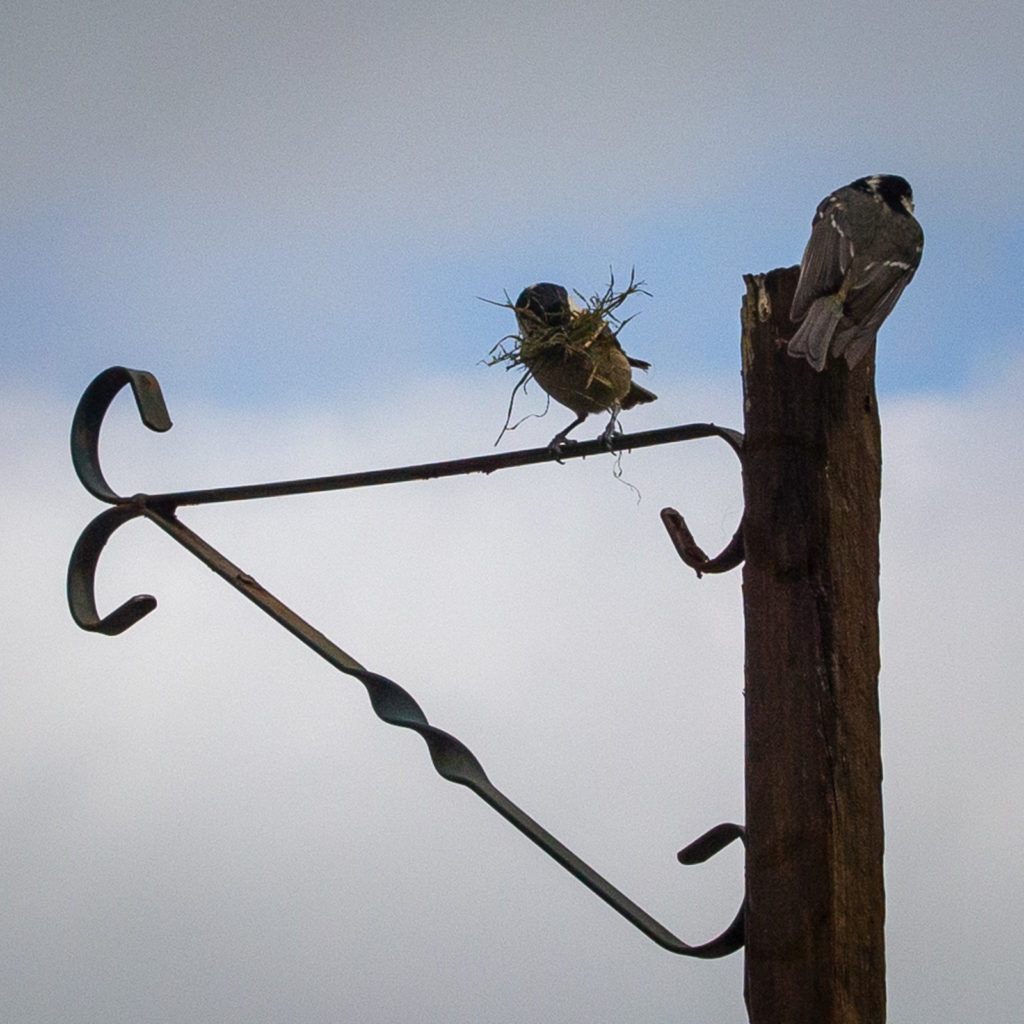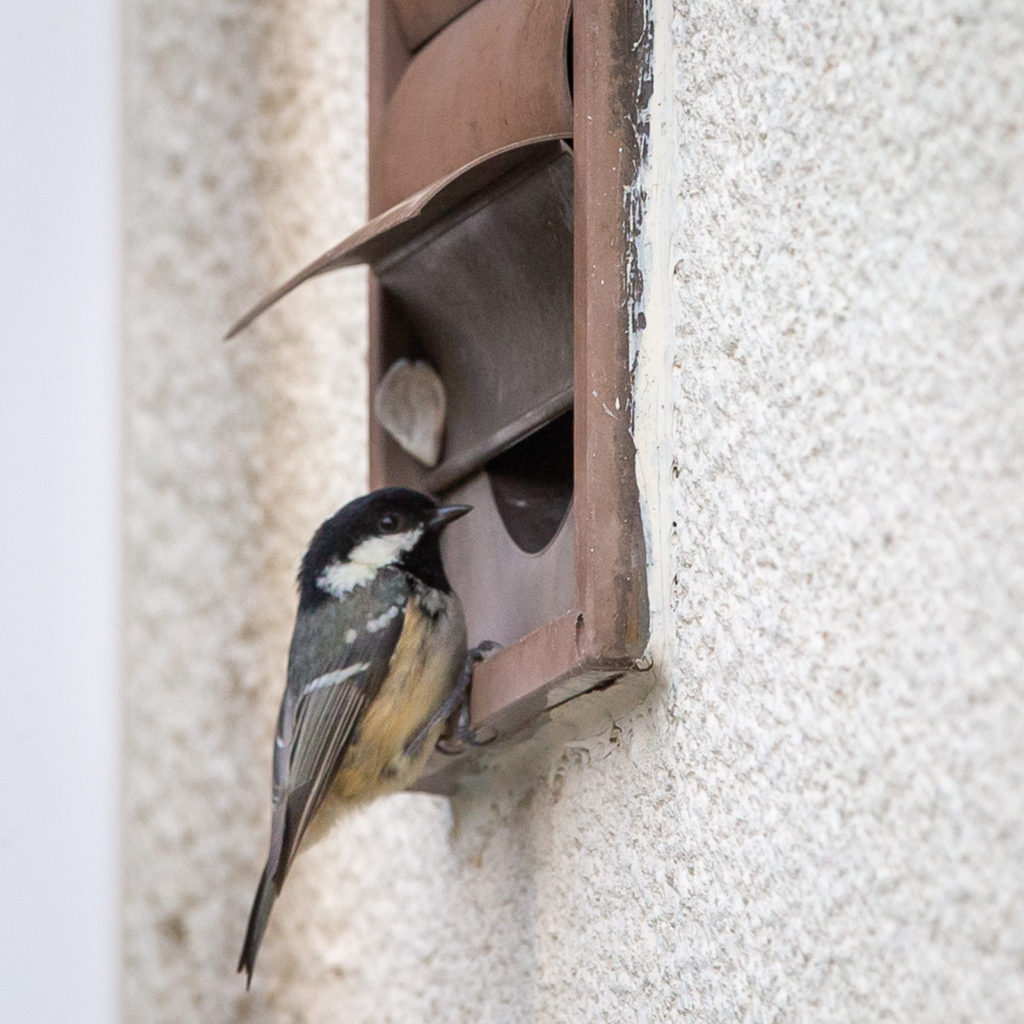I tried to read some files from a back-up drive yesterday. Dated 1992 and 1991, they were created with MS Word V1 and 2 using Windows 3 (true but a numerical series joke in memory of Lotus 123). The files are available to me because I kept moving them through time from device to device and continent to continent until I switched from Windows to a TimeMachine in an Airport on a windowsill.
I got some text from one of the files and realised that it only gave up its text because it was different – remember Word Perfect? We kept WP up for as long as we could but together with spreadsheet software Quattro Pro, it went the way of DOS. Meanwhile, Lia had bought a Brother hybrid word-processor for her teaching and first novel, a compromise because personal computers cost a month’s gross salary back then. It was hugely important to her. A massive affirmation of the importance of her work.
Meanwhile in a corporately funded office, far, far away, in all meanings, I was writing an article for an internal company magazine not knowing I’d still have some of the text almost 30 years later. I was hoping to make our office look competent to management and a temptation as an overseas posting for talented colleagues.
‘Did you ever find yourself on the first day in January thanking your God that New Year’s Eve only happens once a year? If so, think carefully before coming to Myanmar (formerly Burma). We have just finished our third new year celebration so far this year.
The Julian New Year was celebrated with wild abandon as might be expected. We also worked hard on the Chinese New Year. But the Burmese New Year really got our attention.’
There’s also a lot of noisy text â˛6Xıi8xxx§! that to me represents idea death. Total and permanent obsolescence in the case of each of the MS Word files. We’ve long known about the information loss problem because the Brother machine was typed to an early death, rendering the files instantly obsolete. Frustratingly, there were so few of the machines, it was never worth anyone’s time to write a transcription tool for whatever binary format they used. We’d been comforted at the time of purchase that it used state-of-the-art 3 1/2 inch diskettes and they’d be around for a long time, right? We still have some true floppies from the 80’s and many of the more solid diskettes, just like we kept some mobile phones from the late 90’s. Nostalgia aside, we forsee some ‘can you believe’ moments with the great-grandkids. And the data on them is secure as secure can be, sadly.
There you have it. But you don’t. You spend time archiving files and then copying them to ever denser media as the technology forces upgrade after upgrade just to stay current. But are we paying enough attention to the formats of the files? At this point I have to admit that I’ve searched on this topic and I know that it’s a big deal. As I said, I’ve known for years. I’ve been on committees charged with managing for it. More recently, we had seven year retention policies in the office that had their origins in legal and accounting protocols. Some of us knew that this was also a convenient way to free the corporation of the burden of format transcription and preservation of deprecated, unsupported and obsolete technology. We effectively pushed science and engineering knowledge retention to the knowledgeable, telling folk the responsibility for deciding what was important lay with them. And worse, burdening them with the accountability for archiving what they considered important, a corporate error as big as any. Seriously scary when some of these folk might one day become expert witnesses in an industry that has projects that can last longer than careers. And there are other implications. Wheels can be re-invented. Insights are harder to restore. And in a digital world of AI and ML, neither the lost data, conclusions therefrom nor the minds of the knowledgeable can be interrogated. Expunging is supposed to happen to bad or unwanted things.
File death is here to stay. Act accordingly.
Wow, if CW and I were walking towards Rome, we’d be arriving in Camden tonight. Might have had dinner in Mildreds. Might have met up with some friends who live there.
Instead, not unhappily, I’ve been out in the garden on a ladder lifting the louvres that cover the vent for out kitchen extractor fan. All because the wind blew them shut overnight. Their normal position, they should only open under the pressure of the outgoing air when the fan is extracting. However, they were blown open and jammed in that position during a windstorm last week. And to our great pleasure, the alternative being rats in the kitchen ceiling, we realised that a pair of Coal Tits had nested in our kitchen. Alerted to the absence of the birds this morning by the lack of noise, worried they had been caught by magpies whose attention they attracted yesterday, I checked to see what was wrong. The louvres were closed. The tiny birds have been so industrious over the last few days that compassion prevailed, I opened the louvres and secured the opening.

Look-out 
Inventory check 
Supervision

Love the photos! Regarding file death, here’s an idea. Instead of using a digital format, maybe the really important data could be printed on paper and bound together in a useful way. Then some experts could keep the bound blocks of paper in a special building for preserving them, and we wouldn’t have problems with advancements in technology. Could that work?
Poor old Brother Ansgar needed help upgrading from scrolls.
https://www.youtube.com/watch?v=pQHX-SjgQvQ